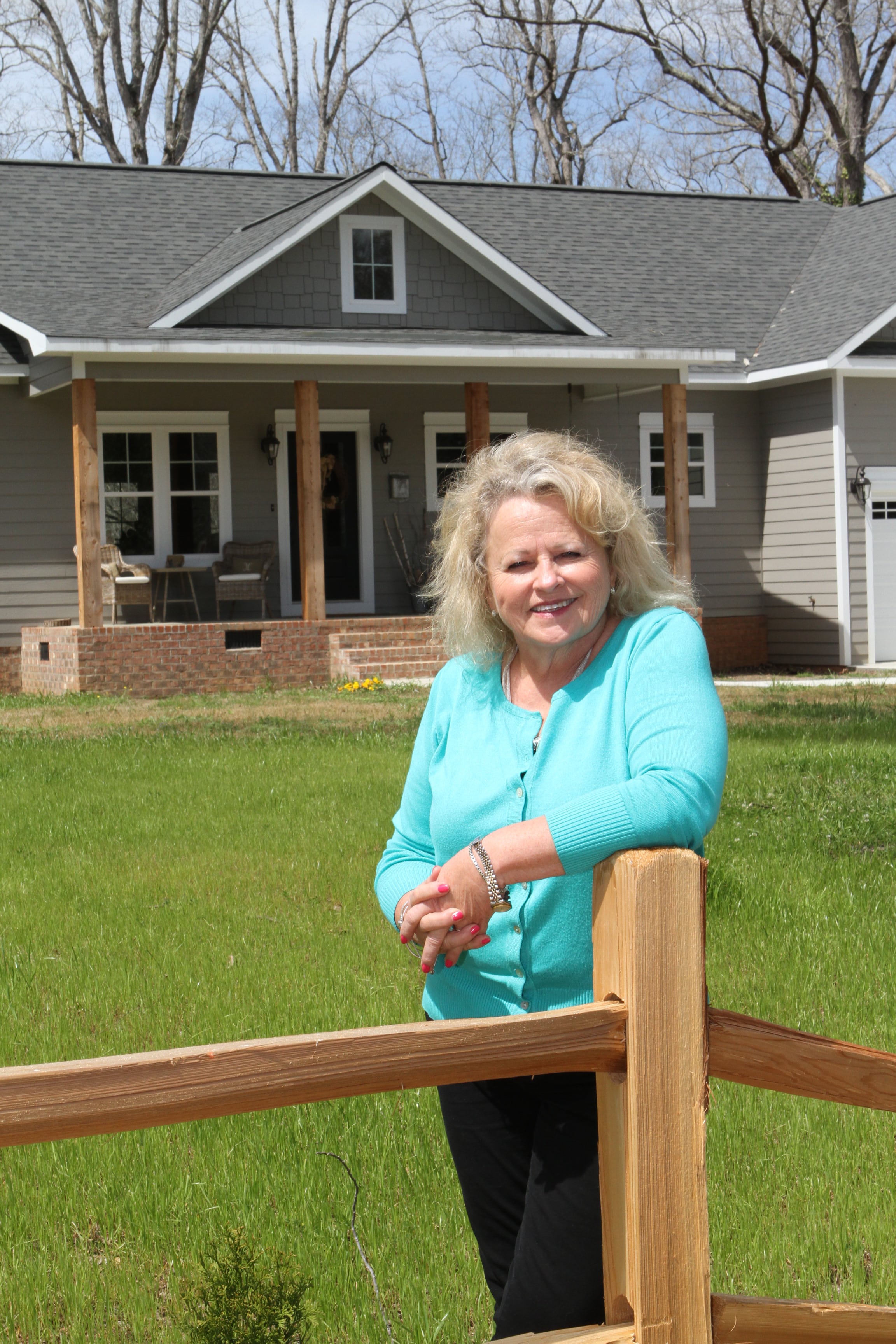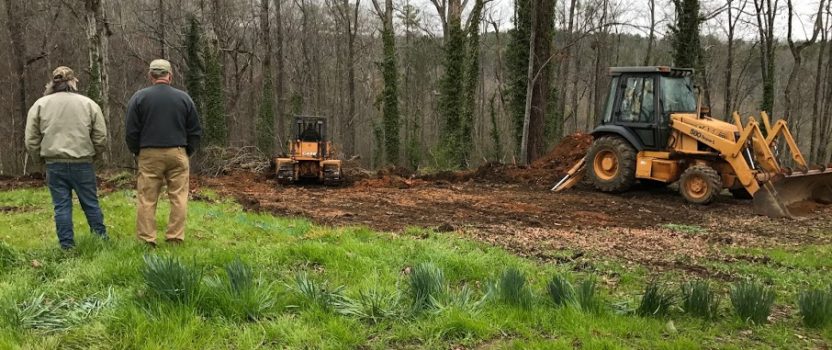Checklist
Building a Custom House
10 Essentials Prior to Ground Breaking
1-Budget – You will need an estimate, or a price list, of the entire project, which is lengthy. The price list needs to be broken down by phases including everything. A list of items includes but are not limited to clearing lot, foundation, framing, labor, materials, sub-contractors for electrical, plumbing, and HVAC, finishing, trim, accessories, cabinets, landscaping, and everything else included in the project.
2-General contractor – Be sure to do your homework and secure a contractor seasoned in building custom houses.
3-Construction Insurance – Often the contractor will be responsible for this. Be sure to discuss this with your contractor. If it isn’t in the contract be sure to purchase this to cover loss, damage, or theft until completion of the project.
4-Blue prints / House plans – A professional set of blue prints is strongly recommended to prevent pitfalls along the way. These prints should include foundation, framing, plumbing, electrical, HVAC, interior and exterior finish, and built-ins (such as cabinets).
5-Construction loan (if needed) – This is why a budget is so important. Be sure to estimate at least 10% for overage. A construction loan is different than a mortgage loan. A construction loan is like a credit card, you are not charged until your contractor makes the first draw on the loan.
6-Perk Test – This is necessary if you are getting a septic tank and not connecting to a sewage system. If you are installing a septic tank you will need a perk test. You will coordinate this with the health department in your area.
7-Site Evaluation –This will determine the excavation process, including drainage. This will also determine where you are going to place the house. Important factors to consider are; is the land in a flood zone, can the land accommodate a basement if a basement is in the plans, where will utilities be accessed, where will the drive way come into the property, etc.
8-Materials – What materials will be used? These materials include framing, beams, roofing, insulation, windows, doors, molding, flooring, etc. There is a great range of prices with all these materials. These need to be decided to be able to budget. In building a custom house, who is responsible for what, this needs to be discussed with the contractor. For instance, will the contractor supply light fixtures, plumbing fixtures, appliances, etc. or is this the responsibility of the homeowner.
9-Utilities – What utilities are available on the property? A temporary electrical service pole must be installed. This is coordinated with the local power company. Also; are underground utilities available or required? Is a water meter already installed? If natural gas is not available will you use a propane tank? Is a sewage system available or will you need a septic tank? Be sure your electrician and plumber are licensed and aware of local codes.
10-Building permit – If this is needed your contractor may be responsible for this. Be sure permits are secured from city, county, state, etc.



Comments